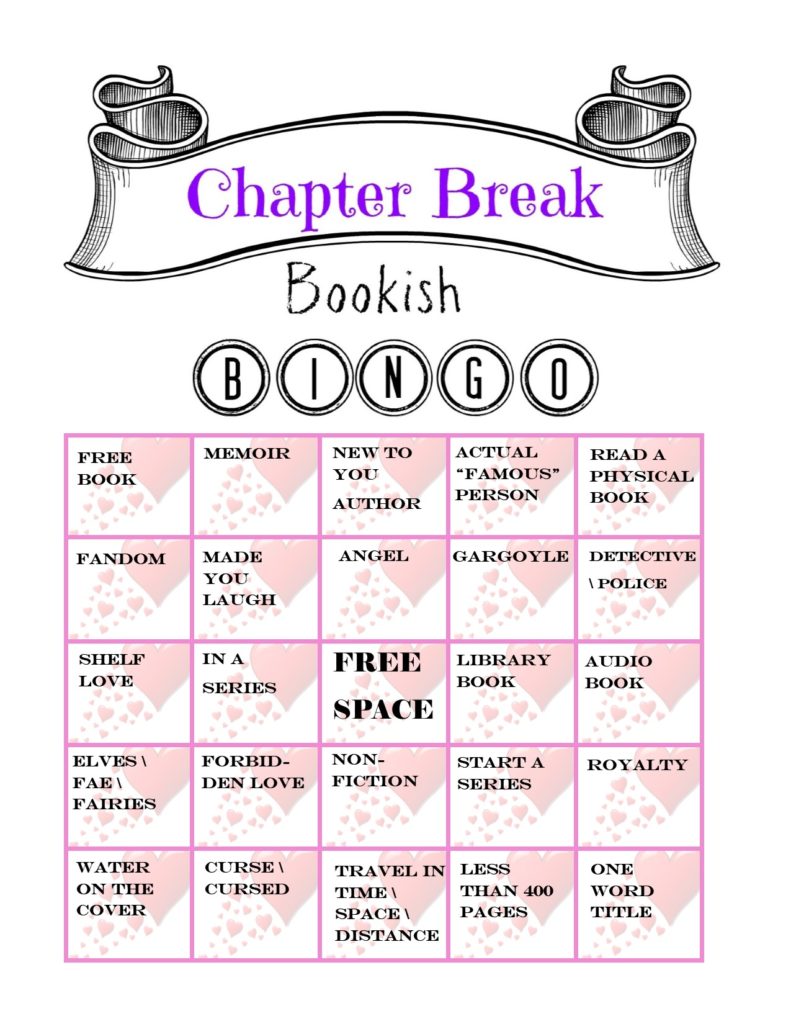When you’re trying to achieve something great in your life, you will deal with critics. The thing is, you can let those critics tear you down or you can use them to motivate you. You’ll always have the choice.
Your greatest critics might come from your friends and family. Understand that success changes people. If your friends or family are acting negatively towards your dreams, you need to stop surrounding yourself with them. It’s hard enough trying to become successful on your own let alone when you have people bringing you down.
If you listen to the doubters long enough, you’ll doubt yourself. When that happens, you might as well be finished because there’s almost no way to come back.
The only way you can deal with critics is to take action. Put your head down and continue to work. They can say anything they want about you, but they can’t take away your work ethic.
You will get critiqued no matter what you do. People will always have a stark comment about you. Don’t let this get to you and control only what you can control. You can control your work ethic but you can’t control what someone says about you.
You need to learn the difference between someone who is being mean and someone who is giving you feedback. There’s a thin line between them. I used to think any comment about myself was mean before realizing some people are genuinely providing feedback for me.
Sometimes you need to embrace your critics because you can learn a great deal from them. You can learn what you need to work on. Always remember though, only take advice from someone you’d be willing to change places with.
When someone gives you criticism, take a few seconds before responding. This will allow you to have a clear head and relinquish you from making any comments you wish you could take back later on.
The next time someone critiques you, use it as fuel for motivation.
Yes, I am aware I will be faced with this if I let others see what I have written so far. I know to expect this just from letting a relative see what I have written. Many say you should get people you don't really know to read your work, but I am having problems finding someone who will do that. I did get the memoir teacher to read my story, instead of taking her advanced memoir writing class. And getting family to read my stuff has been nearly impossible lately. Some I know would not be interested in doing so. But mo matter who reads my stuff eventually and give criticism, I will keep going as suggested.







